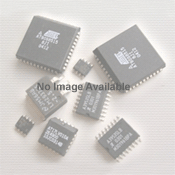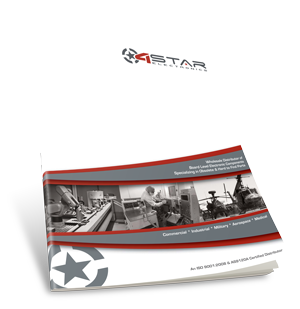Heat sinks are essential components in thermal management systems, designed to dissipate heat from electronic devices and industrial machinery. By transferring heat away from critical components, they help maintain optimal operating temperatures, ensuring reliability and longevity. Available in various materials and designs, heat sinks are tailored to meet specific cooling requirements, making them indispensable in applications ranging from consumer electronics to large-scale industrial systems. Their effectiveness in heat dissipation is crucial for preventing overheating and maintaining system performance.
The best heat sinks for electronics are those that offer efficient thermal management and cooling solutions. They are designed to maximize heat dissipation, ensuring that electronic components operate within safe temperature ranges. Choosing the right heat sink depends on the specific requirements of the device, including size, material, and airflow considerations.
Heat sinks for industrial applications are designed to handle more demanding thermal management needs. They provide robust cooling solutions and efficient heat dissipation for large-scale machinery. These heat sinks are often larger and made from durable materials to withstand harsh environments and ensure reliable performance in industrial settings.
Efficient heat sinks for computers are crucial for maintaining optimal thermal management and cooling solutions. They prevent overheating by effectively dissipating heat from critical components like CPUs and GPUs. This ensures that computers run smoothly, avoiding performance throttling and extending the lifespan of the hardware.
Common materials used in heat sinks for electronics include aluminum and copper. These materials are chosen for their excellent thermal management properties and ability to provide effective cooling solutions. Aluminum is lightweight and cost-effective, while copper offers superior heat dissipation, making them ideal for various applications.
Choosing the right heat sink involves considering factors like thermal management needs, cooling solutions, and heat dissipation requirements. Evaluate the size, material, and airflow compatibility with your device. Consulting with a thermal engineer can help ensure you select a heat sink that meets your specific application needs.




